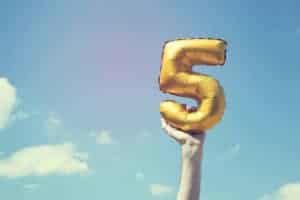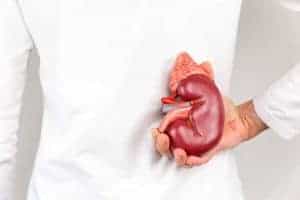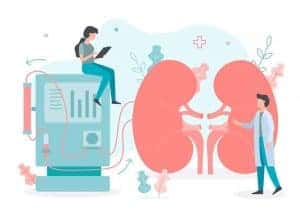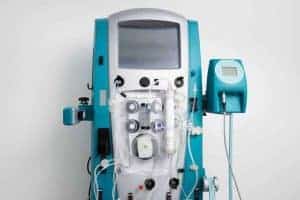
Kidney Disease Symptoms: The Top Ten Guide (and more…)

Kidney disease symptoms… what are they, when do they occur, and why do they occur…?
For many, kidney disease symptoms remain confusing. This however is not surprising…
• Kidney disease has little awareness amongst the general public, and therefore is largely misunderstood.
• There are numerous conditions that fall under the ‘kidney disease’ umbrella term, each with their own set of symptoms.
• Kidney disease can be “acute” or “chronic”.
• ‘Kidney disease’ is one of many terms that label the same condition. Others terms include: chronic kidney disease, kidney failure, renal failure, renal disease, end-stage-kidney-disease… etc.
• Kidney disease symptoms rarely show themselves early on in the disease process; hence kidney disease is often called “The Silent Killer”.
• And surprisingly when kidney disease does enter its final stages, often patients are told that every symptom that they are experiencing is caused by the kidneys.
What Is The Purpose Of This Article?
The purpose of this article is to clarify exactly what the signs and symptoms are for kidney disease. And when I say the signs and symptoms of kidney disease, I mean the signs and symptoms of a kidney that has already begun to diminish in function. Therefore a urinary tract infection that has spread to the kidneys, but has not lowered the kidney function, is not applicable here (for example).
Kidney Disease Symptoms
Below I have listed the most common signs and symptoms resulting from under functioning kidneys. I have also tried, where I believe more information is needed, to explain the reasoning as to why these signs and symptoms occur. This will help you understand your condition better, and by doing so, enable you to heal yourself better.
Note: The following signs and symptoms can occur at any stage of kidney disease, however most individuals begin to experience them at stage 3 or 4*.
*Chronic Kidney Disease (CKD) is categorised in five distinct stages (based on your level of kidney function) to better help care for kidney disease sufferers. Kidney function is measured by what’s called an Estimated Glomerular Filtration Rate (eGFR) test (for more information on this, please go here). Here is a brief analysis of each of the five stages:
• Stage 1 with normal or high GFR (eGFR > 90 ml/min)
• Stage 2 Mild CKD (eGFR = 60-89 ml/min)
• Stage 3 Moderate CKD (eGFR = 30-59 ml/min)
• Stage 4 Severe CKD (eGFR = 15-29 ml/min)
• Stage 5 End Stage CKD (eGFR <15 ml/min)
Symptom 1 – Changes in Urination
Changes in urine are common, which makes a lot of sense considering that the kidney’s main function is to regulate the body’s chemistry via the urine. These changes include:
– increased night time urination (aka: nocturia)
– foamy or bubbly urination (caused by excess protein in the urine)
– increased/decreased urine output
– dark yellow/brown urine
– blood in urine (aka: hematuria)
– increased urge, or a feeling of pressure on the bladder
Cause: The cause of this symptom is obvious. The kidneys that produce the urine are damaged, and therefore impact the way urine is processed. Out of all the kidney disease symptoms, this is one is probably the most common that I see in clinical practice.

Symptom 2 – Fatigue
Feelings of constant fatigue, tiredness, drowsiness, and lethargy.
Cause: There are numerous causes for this symptom:
– Anemia: the kidneys produce the hormone EPO which is required to produce red blood cells. When the kidneys decrease in function, so too does the production of EPO.
– Decreased oxygenation: as mentioned above, kidney disease can cause red blood cell production to decrease. When this occurs you have fewer red blood cells to transport life giving oxygenation around the body. On top of this fluid can build up around the lungs causing inhalation difficulty, and therefore drawing in deep, long, oxygenating breaths is a rare occurrence.
– Adrenal fatigue: The Kidneys And Adrenals Are ONE – Although technically they are not the same organ/gland they are structurally connected. The adrenals produce a hormone called aldosterone which increases the kidneys’ reabsorption of sodium and water (and elimination of potassium), and from an energetic stand point, are the same.
The adrenal glands literally sit on top of the kidney like a hat – Please refer to following article for a diagram – and because of this, both impact each other. The adrenal glands are your body’s anti-stress/energy centre, by releasing such hormones such as cortisol, adrenaline and norepinephrinecortisol they increase the body’s energy. If the kidneys are not functioning well, then so aren’t the adrenals. Traditional Chinese Medicine (TCM) also refers to these two organs as one. In their philosophy their is no distinction between the two, they are simply known as the ‘kidney’ meridian. The kidney meridian is regarded as the body’s most important reservoir of essential energy. And in the TCM philosophy, the “kidneys” house the body’s will power, control short-term memory, and provide the capacity for drive and strength. A person with deficient “kidneys” will be deficient in potency and stamina.
Symptom 3 – Itching
Itching is a very common kidney disease symptom; it can occur over the whole body, it is often worse at night, and can be relentless.
Cause: Itchy skin is caused by the build up of toxic wastes in the blood stream, eventually finding their way to the skin. In particular, itchy skin is the symptom of too many phosphates in the blood.
Symptom 4 – Nausea and Vomiting
This is a horrible kidney disease symptom that is usually coupled with low appetite and anorexia.
Cause: Like symptom number three, this symptom is caused by a build up of toxins in the blood. Unlike number three, this mainly caused by a build up of the blood chemical urea.
Symptom 5 – Shortness of Breath / Difficulty Breathing
A feeling of breathlessness, even on minimal exertion is a symptom most people struggle to deal with – it is a constant reminder of their current state of ill health.
Cause: Similar to one of the causes of fatigue, shortness of breath and difficulty breathing can be caused by anemia, low production of red blood cells, and build up of fluid around the lungs.
Symptom 6 – Easy Bleeding and Bruising
Light bumps and knocks can result in what seems almost instantaneous bruising, and cuts seem to take longer to heal.
Cause: Under functioning kidneys impact blood clotting, and quickly use up available vitamin C – The deficiency sign of Vitamin C is bruising.
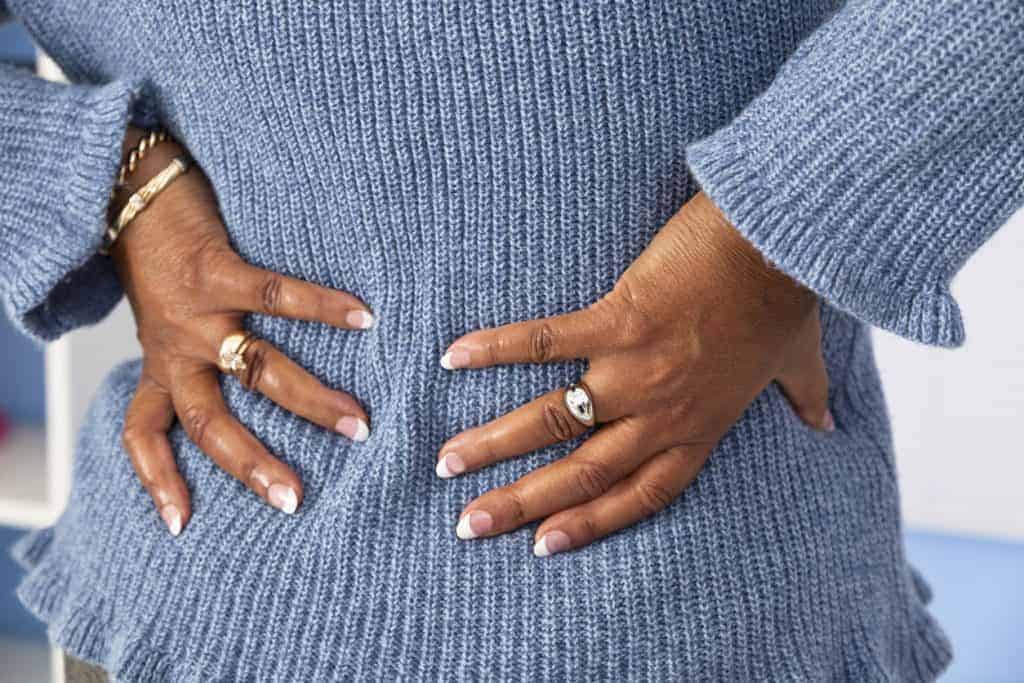
Symptom 7 – Back Pain / Kidney Pain
This is really one and the same, as kidney pain resembles back pain. This “back” pain occurs at the mid to lower back cross section (just under the low ribs)
Cause: Another understandable symptom; when the kidneys are “damaged” then the body produces pain transmissions to alert the person that there is something wrong in that area.
Symptom 8 – Swelling or Puffiness
Swelling and puffiness can occur at any part of the body, whether it be the ankles, feet, hands, wrists, fingers, toes, eye lids, face, legs, arms, chest, neck, or stomach.
Cause: Fluid retention is the cause of this kidney disease symptom. Fluid builds up in certain parts of the body as the kidneys struggle to keep up the demand of eliminating excess fluid.
Symptom 9 – High Blood Pressure
Even though you may NOT have developed kidney failure due to high blood pressure (hypertension), it is possible to develop high blood pressure while your kidney disease progresses.
Cause: Due to the kidneys to failing to remove excess fluid (in the form of urine) as they are designed to do, the fluid builds up and up and up, which increases the blood pressure with it.
Symptom 10 – Anemia
Anemia is the state in which the body is deficient in either the total number of red blood cells or the quantity of hemoglobin within the red blood cells.
Cause: The kidneys produce a hormone called Erythropoietin (EPO), which increases the production of red blood cells within the bone marrow. When the kidneys are failing the production of EPO reduces and anemia sets in
Other Kidney Disease Symptoms…
That completes the 10 most common kidney disease symptoms that I see in my clinical practice, but unfortunately there are many more that can occur as a result of renal failure. These are:
• Anorexia
• Chest pain, due to inflammation around the heart
• Constipation, and other digestive disturbances
• Diarrhoea
• Headache
• Hypercalcaemia (high blood calcium levels)
• Hyperkalemia (high blood potassium levels)
• Hypernatraemia (high blood sodium levels)
• Hyperparathyroidism (high blood parathyroid hormone levels)
• Hyperphosphatemia (high blood phosphate levels)
• Hyponatraemia (low blood sodium levels)
• Increased Thirst
• Insomnia
• Intolerance to cold
• Loss of feeling in extremities, numbness
• Low appetite
• Low Libido
• Low Vitamin D levels
• Menstrual cycle changes
• Metabolic acidosis
• Poor concentration, confusion, and seizures.
• Muscle cramps and stiffness
• Osteoporosis, bone pain and fractures
• Skin colour: pale, grayish, or yellowish-brownish
• Weakness
Where to Now?
For many this list can seem downright depressing, and create feelings of hopelessness, apathy, and despair. Therefore it is important to know that there is ALWAYS something you can do to manage, treat, and heal kidney disease symptoms.
Let me say that again: “Therefore it is important to know that there is ALWAYS something you can do manage, treat, and heal kidney disease symptoms.”
Whatever your inclination, western medicine or natural medicine, you have many options available and so there is no need to suffer alone. Talk to your health care professional (naturopath, doctor, traditional Chinese medicine doctor, or other), get the facts, and weigh up what works best for you. In fact why not use the best that each has to offer? But make sure you know the side-effects and interactions first before starting any treatment program.
There is of course my ebook program that explains step-by-step how to help heal your kidneys and reverse kidney disease symptoms. The program is called The Kidney Disease Solution, and it has helped thousands of people world-wide, young and old, of all backgrounds and abilities.
But as mentioned there are many ways that you can get help, and it is up to you to work out what’s best for your situation. I myself prefer all natural methods, you may prefer something else.
I hope this has helped you get clear as to what your symptoms mean and if the symptoms you are experiencing are in fact at all kidney disease symptoms.
If you enjoyed this kidney blog please be sure to click the “Like” button below, and leave a comment.
Share This Article
More articles by
Duncan Capicchiano N.D.
LIKE WHAT YOU’VE READ?
Sign up for free updates delivered to your inbox. Join our community and get tips on health, wellness, nutrition, and more.
More From Our Blog
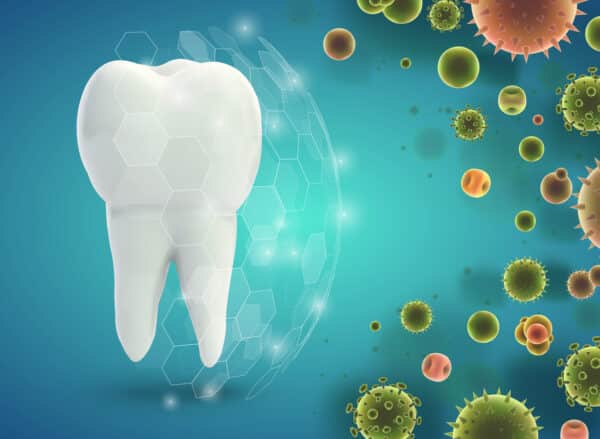
The Oral Microbiome & Chronic Kidney Disease
The oral microbiome plays an essential role in the incidence and development of
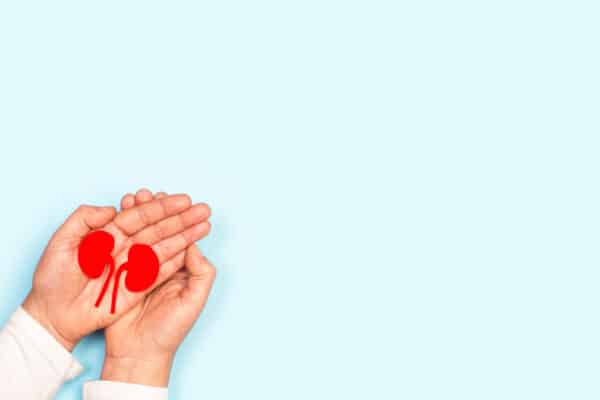
Natural Therapies In The Treatment of Polycystic Kidney Disease
Regarding dietary interventions in treating and managing PKD, the science is solid. The
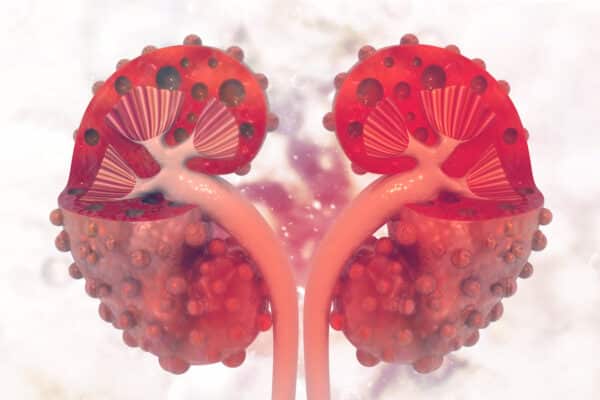
What Causes Cyst Formation In Polycystic Kidney Disease?
What is polycystic kidney disease? Polycystic kidney disease (PKD) is a prevalent genetic
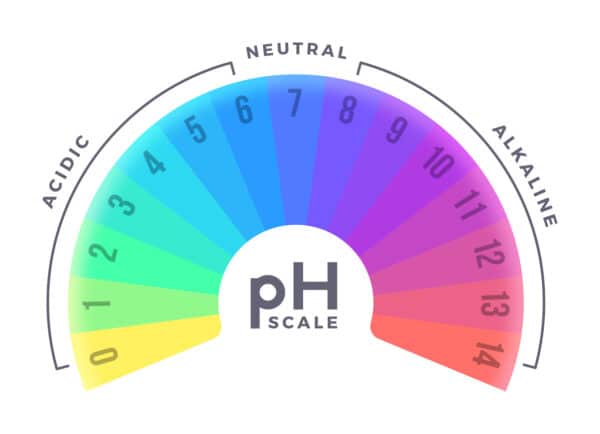
Bicarbonate Supplements? Is It The Best Way To Alkalize in Kidney Disease?
Throughout the ages, human diets have undergone a significant transformation, shifting from an
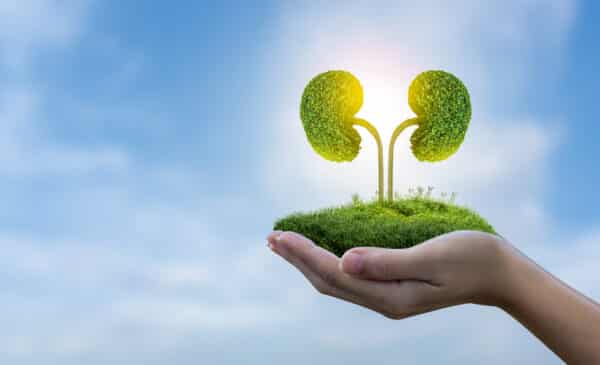
The Big Question… Can Kidney Disease Be Reversed?
Kidney disease can range from mild to severe, so the potential for reversal
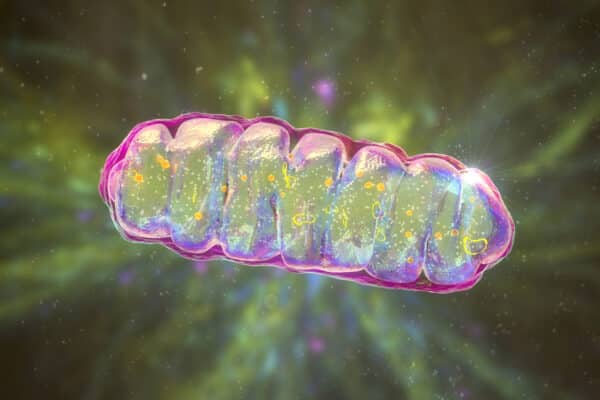
SS-31 Peptide and Kidney Disease
Kidney disease is a global health concern. The kidneys, especially the proximal tubules,


